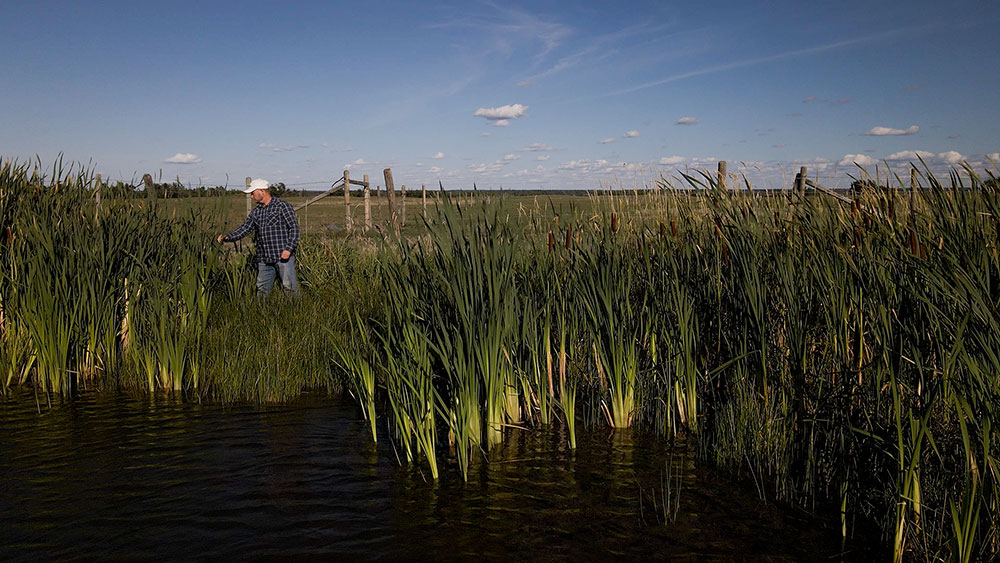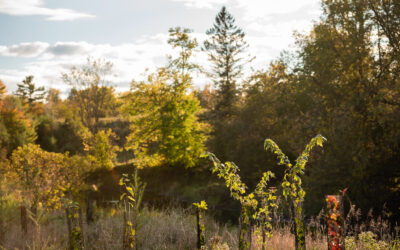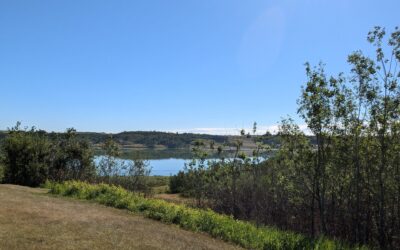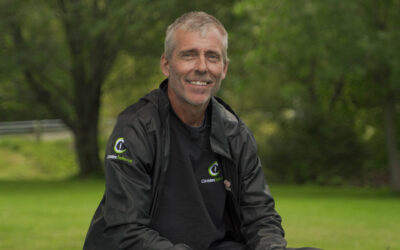ALUS farmers and ranchers have the land and know-how to change the landscape for the benefit of all Canadians. Now’s the time to invest in them.
There’s a 37-million-acre opportunity to restore and enhance biodiversity in Canada. This is the amount of marginal or uneconomic farmland that could become biodiversity-enhancing wetlands, tallgrass prairie or forests. As global attention turns to Montréal for the CBD COP15, we’re reminded that nearly 1,500 ALUS farmers and ranchers across 36 ALUS communities have already transformed thousands of acres into new nature that produces vital ecosystem goods and services, like enhanced habitat for native pollinators and other wildlife. Many more are eager to get involved. They have the tools and know-how to bring biodiversity back and mitigate the effects of climate change. The ALUS model is a proven, scalable, shovel-ready solution that can help them do just that.
Canada’s farmers are on the frontlines of climate change, combatting unpredictable precipitation patterns, hot, dry growing seasons and supply chain disruptions. They’ve responded by shifting traditional approaches to working the land, adopting new technologies and using data-driven insights to make land-appropriate decisions. They’ve also turned to nature as a solution to protect their livelihoods and ensure that ecosystem goods and services necessary for healthy, resilient communities continue to flow both upstream and down.

Research undertaken by Dr. Andrew MacDougall (University of Guelph) indicates a near immediate 300 per cent increase in pollinator and beneficial insect activity on ALUS Norfolk projects. Nutrient management and carbon capture follow as roots develop and plants establish. This means cleaner air, cleaner water, healthier soil and improved food security.
The ALUS program empowers farmers and ranchers to build back biodiversity, but the benefits extend beyond the economic and the environmental. They include community belonging and the sense of pride that comes with honouring the hard work of those who first broke the land to put food on our plates and in knowing the land will continue to support future generations to come. Active stewardship is as much a social good as an environmental one.
Increasingly, climate conversations are presenting agriculture as a critical solution to the biodiversity and climate crisis. Often, the focus is on in-field management practices, like cover cropping and reduced tillage. These practices have an important role to play in maintaining and improving soil and water quality and capturing and storing carbon, but complementary edge-of-field activities supported by community-led programming can provide the benefit of additionality that takes us beyond simply reversing biodiversity loss to supporting active, engaged communities in creating new acres of habitat.
ALUS has shown that to be successful, programming must be delivered by the community and must create and pay for value at the farm gate. Farmers need to be justly rewarded, not just symbolically, for producing, managing and maintaining the flow of ecosystem services that can solve Canada’s most pressing problems—security, biodiversity loss and community resilience. If we want to maximize biodiversity and create functional sustainability, programming must be inclusive of the whole farm, from edge to edge, including its intersections with nature and surrounding communities.
Farmers are climate solution practitioners, who bring creativity, skills and experience to the table. ALUS sponsors and advocates already know this. Join them in investing in solutions that work. Together, we can seize this 37-million-acre opportunity and build biodiversity back.



